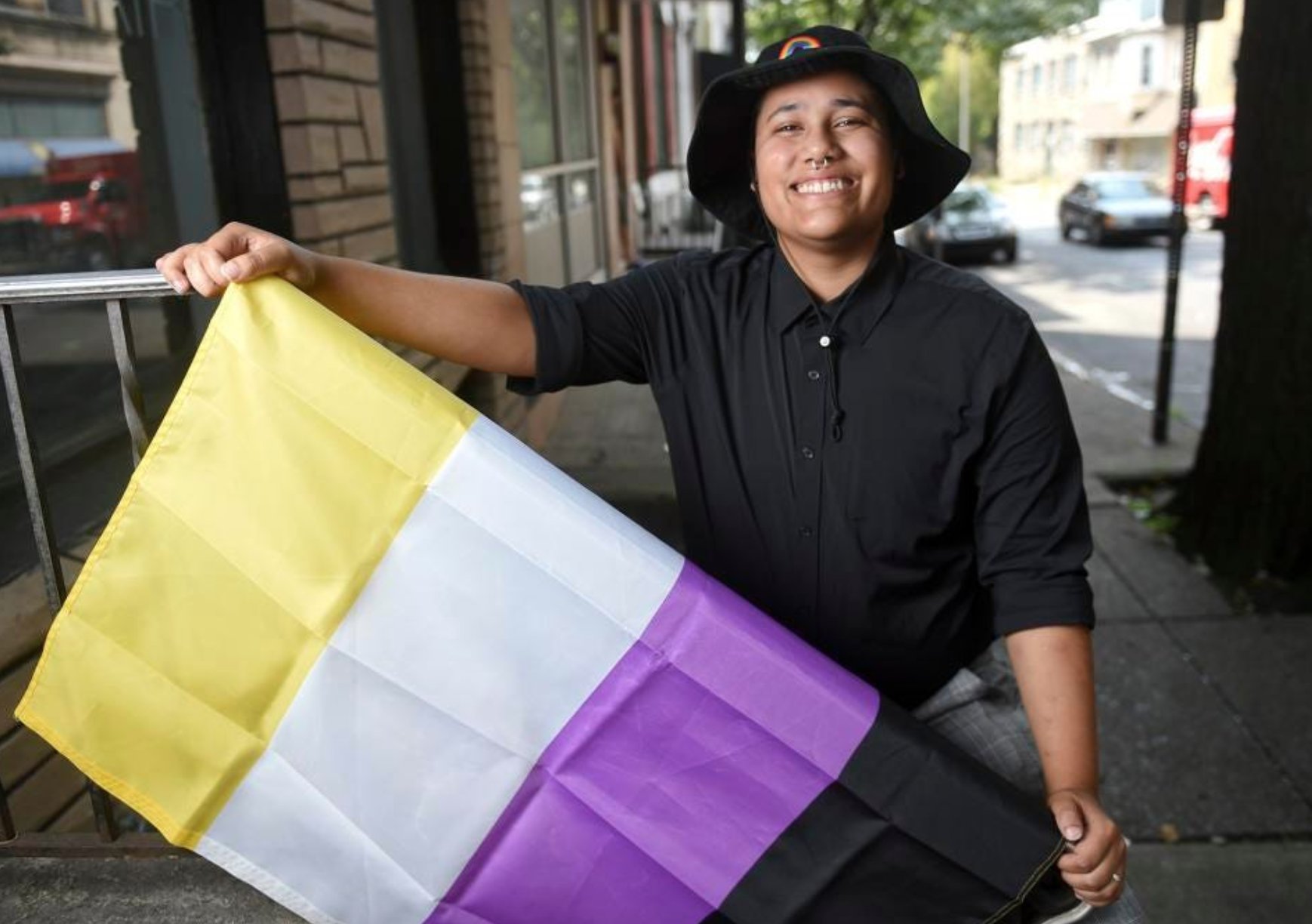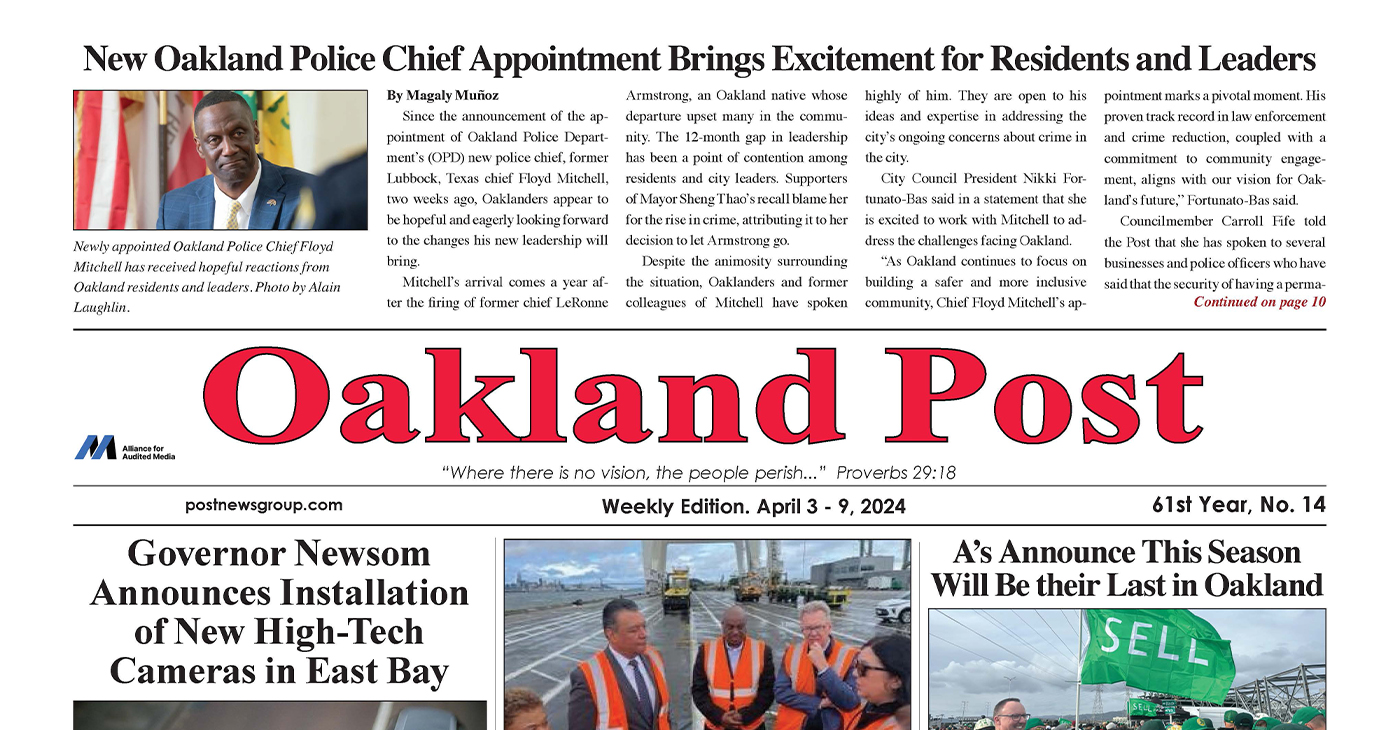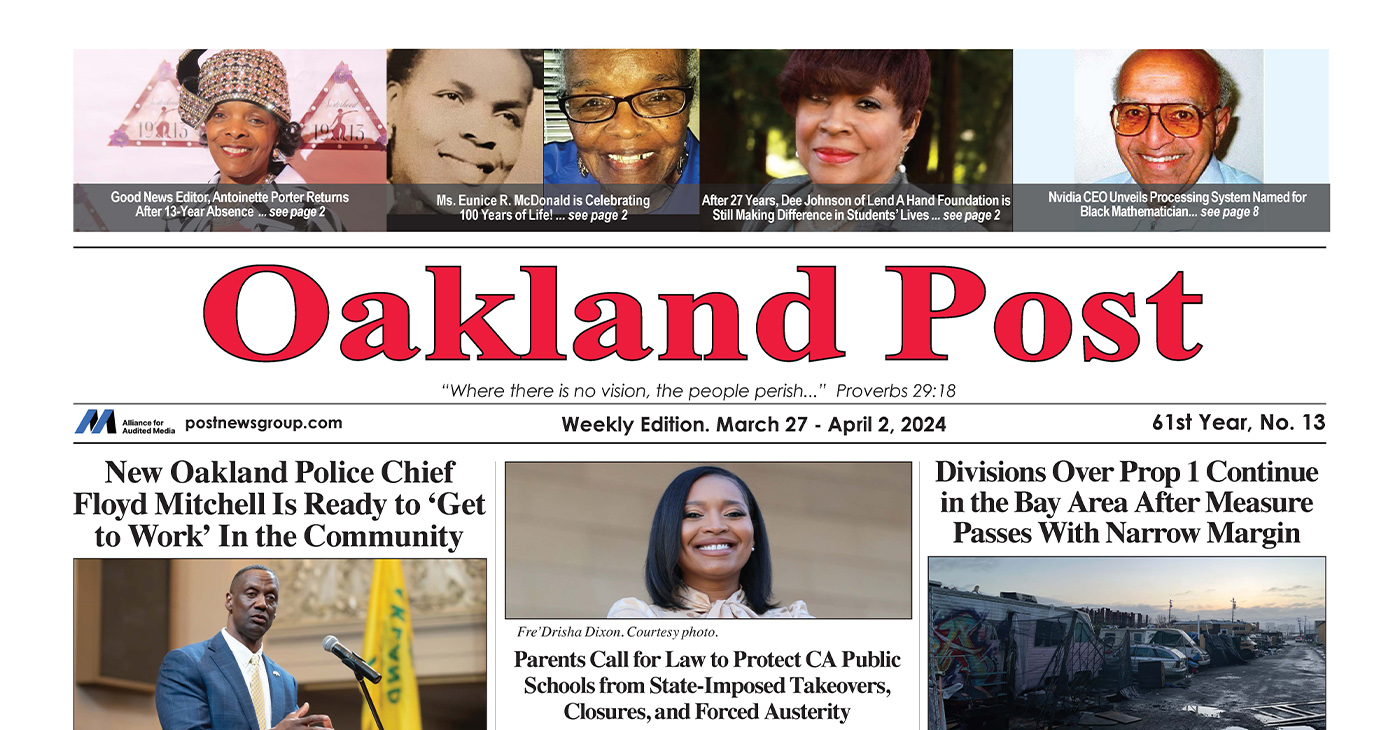Community
Make Room for the Non-Binary
I am a Baby Boomer, born in 1957, who grew up in a very binary world. Everything from party affiliation to music preference was simplified down into an “either-or” mentality. Most of the time, what this really meant was that either you fit in or you didn’t.

I am a Baby Boomer, born in 1957, who grew up in a very binary world. Everything from party affiliation to music preference was simplified down into an “either-or” mentality. Most of the time, what this really meant was that either you fit in or you didn’t.
Until recently, every form I’ve ever completed had two boxes to check for sex: male or female.
One can imagine the physical and mental health challenges that non-binary people face when their identities non-binary status are not recognized and instances assaults and abuse are underreported.
Everywhere I go, a similar dichotomy presents itself. Non-binary folks, whose gender identities are neither male nor female, are being erased and excluded from traditionally gendered spaces.
I identify as cisgender, which means that my birth sex (female) and gender (woman) align. I’m a Blesbian — Black lesbian — too, and, as a member of the LGBTQ+ community, I want to help by being an advocate for non-binary people, both within and outside of queer spaces.
Since 2020, many folks now introduce themselves with their name and pronouns: he/him, she/her, they/them, etc. This might be in part due to a year and a half of Zoom calls, where awkward clarifications of one’s gender identity can be easily avoided by listing pronouns next to names.
For cisgender allies of trans and non-binary people, stating your pronouns in your Twitter bio, office meetings, or the like is a way to help normalize the gender identities that exist outside of male and female. Gen Z-ers are leading this cultural shift towards tolerance of non-binary people in classrooms, on college campuses, and in the workplace. But some things are still the same.
In the first broad-based population study of non-binary folks, the Williams Institute at the UCLA School of Law concluded there are 1.2 million non-binary LGBTQ+ adults aged 18 to 60 in the United States. That’s 11% of the LGBTQ+ population.
The study found that the majority of non-binary LGBTQ+ adults are young, urban and white. More specifically, 58% of these non-binary folks are white, 16% are multiracial, 15% are Latinx, and 9% are Black. Non-binary people are also less likely to be straight than their cisgender counterparts: most identified as queer, bisexual, pansexual or asexual.
Non-binary (abbreviated enby), gender fluid, and/or genderqueer are terms for gender identities that do not check the male or female boxes. They/them are often the pronouns they use, though some people use variations of she/they or he/they or others like ze/hir, xe/xem, hy/hym or co/cos.
Among LGBTQ+ non-binary adults, 82% reported experiencing emotional abuse during childhood, 53% were bullied and 11% were exposed to conversion therapy. Nearly 94% say they have considered suicide; 39% have attempted it, the study found.
We know that Black transgender women are being murdered at a high rate in the United States, with many of those deaths being underreported and those folks being misgendered. Of the non-binary folks in the study, more than half reported being physically or sexually assaulted.
One can imagine the physical and mental health challenges that non-binary people face when their identities non-binary status are not recognized and instances assaults and abuse are underreported.
As our racial reckoning in this country continues, it should be inclusive of genderqueer and non-binary folks, because not everyone fits neatly into a category or box. This lesson applies to everything, whether it be in discussions of race, gender, or other socially constructed identities that inevitably leave someone behind.
Healing should be inclusive. Here’s to more education and acceptance.
This column was produced for The Progressive magazine and distributed by Tribune News Service.
Activism
Oakland Post: Week of April 10 – 16, 2024
The printed Weekly Edition of the Oakland Post: Week of April 10 – 16, 2024

To enlarge your view of this issue, use the slider, magnifying glass icon or full page icon in the lower right corner of the browser window. ![]()
Activism
Oakland Post: Week of April 3 – 6, 2024
The printed Weekly Edition of the Oakland Post: Week of April 3 – 6, 2024

To enlarge your view of this issue, use the slider, magnifying glass icon or full page icon in the lower right corner of the browser window. ![]()
Activism
Oakland Post: Week of March 27 – April 2, 2024
The printed Weekly Edition of the Oakland Post: Week of March 27 – April 2, 2024

To enlarge your view of this issue, use the slider, magnifying glass icon or full page icon in the lower right corner of the browser window. ![]()
-

 Activism4 weeks ago
Activism4 weeks agoOakland Post: Week of March 20 – 26, 2024
-

 #NNPA BlackPress3 weeks ago
#NNPA BlackPress3 weeks agoMayor, City Council President React to May 31 Closing of Birmingham-Southern College
-

 #NNPA BlackPress3 weeks ago
#NNPA BlackPress3 weeks agoCOMMENTARY: D.C. Crime Bill Fails to Address Root Causes of Violence and Incarceration
-

 #NNPA BlackPress3 weeks ago
#NNPA BlackPress3 weeks agoFrom Raids to Revelations: The Dark Turn in Sean ‘Diddy’ Combs’ Saga
-

 #NNPA BlackPress3 weeks ago
#NNPA BlackPress3 weeks agoCOMMENTARY: Lady Day and The Lights!
-

 #NNPA BlackPress3 weeks ago
#NNPA BlackPress3 weeks agoBaltimore Key Bridge Catastrophe: A City’s Heartbreak and a Nation’s Alarm
-

 #NNPA BlackPress3 weeks ago
#NNPA BlackPress3 weeks agoBaltimore’s Key Bridge Struck by Ship, Collapses into Water
-

 Activism3 weeks ago
Activism3 weeks agoOakland Post: Week of March 27 – April 2, 2024



































